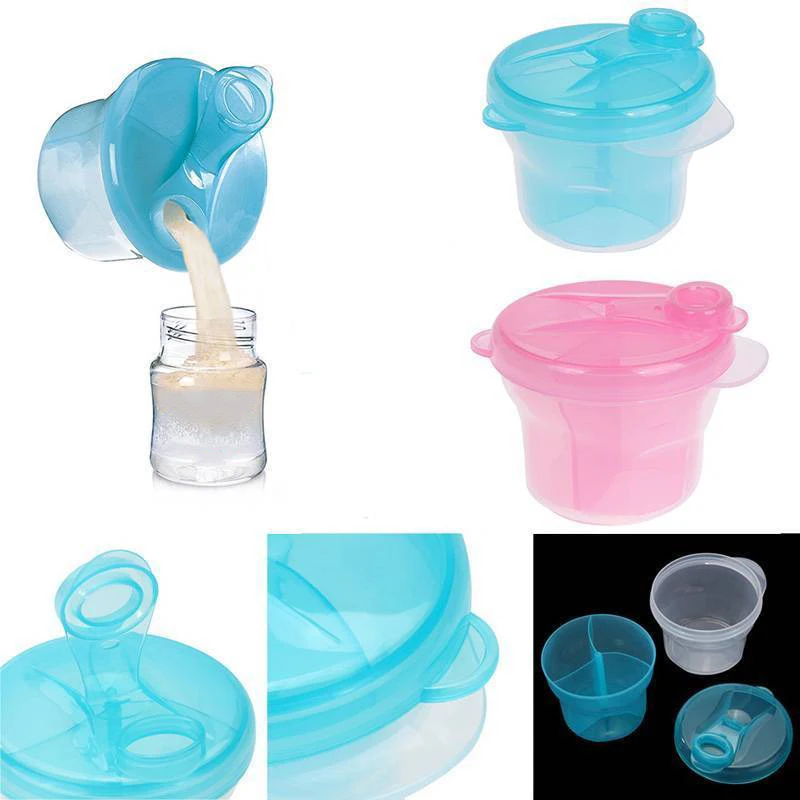Baby night feeding routine
Babywise Newborn Night Feeding Schedule
Find out how often to feed baby at night and what night feeding schedule should like when using Babywise.
It is hard to wake a sleeping newborn, and at no time is it harder than in the middle of the night.
Many people warn you to never wake a sleeping baby. Anyone following On Becoming Babywise knows that we wake a sleeping baby to stay on schedule during the day. We do this so we get enough feedings in the day each day.
But at night…
We all want that sleep. We don’t want to wake to an alarm so we can go wake a sleeping baby in the middle of the night.
However, in the first part of your newborn’s life, it is as important to wake a sleeping baby at night as it is during the day.
Post Contents
- Nighttime Sleep Schedule for Newborns
- Get Enough Feedings Per 24 Hours
- Build Adequate Milk Supply
- Not Everyone Follows the Rule
- My Own Babywise Babies
- Dreamfeed Helps Night Sleep
- Have a Consistent Morning Wake Up Time and Bedtime
- Always Follow Hunger Cues
- Conclusion
- Related Posts
Nighttime Sleep Schedule for Newborns
You will not have to wake your baby at night forever.
For the first 5-6 weeks of babies life, you might find yourself waking your baby.
You want to wake infants every 5 hours at night for the first 5 weeks of life.
On Becoming Babywise states:
“do not let him sleep more than five hours if you are breastfeeding”.
(page 112)
Now, I am a rule follower by nature, so I have always followed this rule. The purposes of the rule are to
- Ensure baby gets enough feedings in a 24 hour period
- Ensure mom builds an adequate milk supply
But it was not always (or ever) easy. To set my alarm and wake my baby in the middle of the night was no fun.
Get Enough Feedings Per 24 Hours
The first reason listed for waking baby every five hours to make sure your baby gets enough feedings per 24 hours.
Newborn babies starts out life needing 8-10 feedings in a day. So if you feed at the following times for your baby feeding schedule:
7 AM
10 AM
1 PM
4 PM
7 PM
10 PM
That is only 6 feedings. That means you need at least two feedings in the night to get your minimum of 8 feedings in the 24 hour period.
That means you need at least two feedings in the night to get your minimum of 8 feedings in the 24 hour period.
You can easily cut that down to one nighttime feeding by either doing cluster feeding or feeding every 2.5 hours in the day so you get an extra feeding in there.
>>>Read: How To Use Cluster Feeding to Get Baby Sleeping All Night
Calculate the number of feedings your baby is getting each day so you know how many night feeds are needed. I would recommend you work to get 7 feedings in the day so no more than one is required at night.
Build Adequate Milk Supply
You can definitely be successful with breastfeeding while doing Babywise.
I breastfed all four of my babies for at least one year each. It can absolutely be done.
Babywise has some ground rules to help you make sure your breast milk supply is never compromised. One of those rules is to feed every 5 hours at night in the first 5 weeks.
If you want to be successful with nursing for a year (or even less), I encourage you to follow the guidelines in place.
If you are formula feeding, this second reason is obviously not a concern for you. Formula-fed babies do not need to build up milk supply.
Not Everyone Follows the Rule
Not everyone follows this rule. Many ignore the rule and let baby set the wake up times at night and have great success with no issues breastfeeding.
Always remember you are the parent and you can decide ultimately what is best for your baby, you, and your family.
If you decide to ignore the rule, I would encourage you to carefully be aware of dirty and wet diapers, growth patterns in your baby, and also be aware of your milk supply if breastfeeding.
My Own Babywise Babies
Here is a summary of what I did at night with my Babywise babies.
Brayden: We didn’t start Babywise until 9 weeks old, so no need to follow the rule. I will say, however, that as you might expect, feedings were sporadic at night until we did Babywise, and nursings sometimes went more than 5 hours in the day AND night. We breastfed until a year with no supply issues. He started sleeping through the night (STTN) at 6 months old.
We breastfed until a year with no supply issues. He started sleeping through the night (STTN) at 6 months old.
Kaitlyn: I followed the rule. We breastfed until a year with no supply issues. She STTN consistently around 3-4 months old.
McKenna: I followed the rule, and had to wake her at 5 hours every night. We breastfed to a year with no supply issues. She STTN consistently around 2-3 months, but once she reached 5 weeks and I stopped waking her, she woke like clockwork at that 5 hours for a while–which was frustrating. I had to wonder if sleeping would have been better without waking her–but there is no knowing how milk supply would have gone.
Brinley: I followed the rule and had to wake her at night. She didn’t get “stuck” like McKenna did once we hit 6 weeks old. She slept through the night at 8 weeks old. We breastfed to one year old with no supply issues.
Dreamfeed Helps Night Sleep
In addition to waking every 5 hours until 5 weeks old, a Dreamfeed can really help with your night sleep.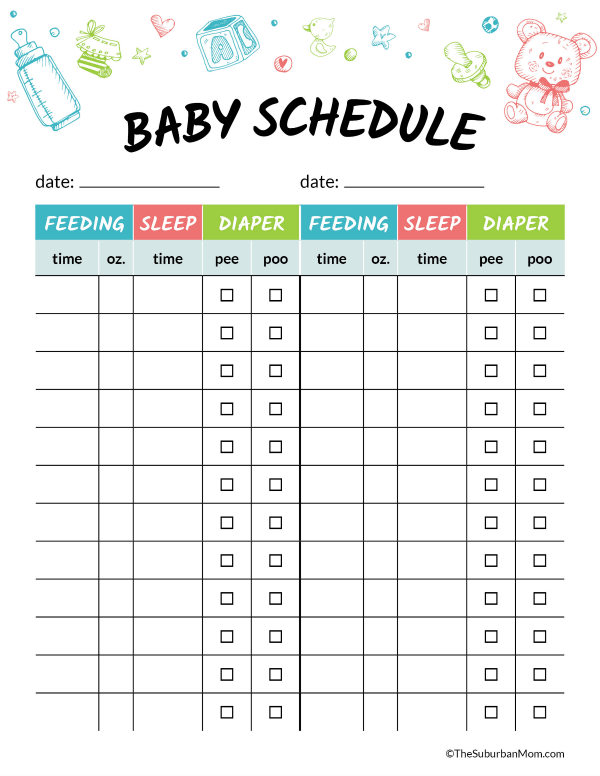 This is a feeding you do around 10-11 PM. This helps you not need as many night feedings between the Dreamfeed and your first feeding of the day.
This is a feeding you do around 10-11 PM. This helps you not need as many night feedings between the Dreamfeed and your first feeding of the day.
>>>Read: The Basics of a Dreamfeed
Have a Consistent Morning Wake Up Time and Bedtime
Another important schedule rule for you to follow for great night sleep is to have a consistent morning wake up time and a consistent bedtime each day.
There will be variations–especially with bedtime. In those early months, you are getting to know baby and baby is getting to know life. Plus growth spurts happen and other disruptions–things will not look perfect every day.
Just do your best.
You can largely control that first feeding of the day.
>>>Read: How to Have a Consistent Schedule: Start Your Day At the Same Time
Always Follow Hunger Cues
Even though you have a feeding schedule and an eat wake sleep routine, if you see a sign of hunger, address it. Read Hunger Cues: How To Know if Baby Is Hungry for help in this area.
Read Hunger Cues: How To Know if Baby Is Hungry for help in this area.
Conclusion
Do your best to get those night feedings in every 5 hours for the first 5 weeks. If you get your 7 feedings in between your first feed of the day and the Dreamfeed, you can just od one night feed.
Related Posts- Importance of Consistent Bedtime
- Early Morning Wakings: What to do when baby wakes early
- How To Solve Your Baby’s Nighttime Sleep Issues
- Baby Sleeping Through the Night: Top Tips to Make it Happen
This post originally appeared on this blog February 2011
Babywise Newborn Night Feeding Schedule
Find out how often to feed baby at night and what night feeding schedule should like when using Babywise.
It is hard to wake a sleeping newborn, and at no time is it harder than in the middle of the night.
Many people warn you to never wake a sleeping baby. Anyone following On Becoming Babywise knows that we wake a sleeping baby to stay on schedule during the day. We do this so we get enough feedings in the day each day.
We do this so we get enough feedings in the day each day.
But at night…
We all want that sleep. We don’t want to wake to an alarm so we can go wake a sleeping baby in the middle of the night.
However, in the first part of your newborn’s life, it is as important to wake a sleeping baby at night as it is during the day.
Post Contents
- Nighttime Sleep Schedule for Newborns
- Get Enough Feedings Per 24 Hours
- Build Adequate Milk Supply
- Not Everyone Follows the Rule
- My Own Babywise Babies
- Dreamfeed Helps Night Sleep
- Have a Consistent Morning Wake Up Time and Bedtime
- Always Follow Hunger Cues
- Conclusion
- Related Posts
Nighttime Sleep Schedule for Newborns
You will not have to wake your baby at night forever.
For the first 5-6 weeks of babies life, you might find yourself waking your baby.
You want to wake infants every 5 hours at night for the first 5 weeks of life.
On Becoming Babywise states:
“do not let him sleep more than five hours if you are breastfeeding”.
(page 112)
Now, I am a rule follower by nature, so I have always followed this rule. The purposes of the rule are to
- Ensure baby gets enough feedings in a 24 hour period
- Ensure mom builds an adequate milk supply
But it was not always (or ever) easy. To set my alarm and wake my baby in the middle of the night was no fun.
Get Enough Feedings Per 24 Hours
The first reason listed for waking baby every five hours to make sure your baby gets enough feedings per 24 hours.
Newborn babies starts out life needing 8-10 feedings in a day. So if you feed at the following times for your baby feeding schedule:
7 AM
10 AM
1 PM
4 PM
7 PM
10 PM
That is only 6 feedings. That means you need at least two feedings in the night to get your minimum of 8 feedings in the 24 hour period.
You can easily cut that down to one nighttime feeding by either doing cluster feeding or feeding every 2.5 hours in the day so you get an extra feeding in there.
>>>Read: How To Use Cluster Feeding to Get Baby Sleeping All Night
Calculate the number of feedings your baby is getting each day so you know how many night feeds are needed. I would recommend you work to get 7 feedings in the day so no more than one is required at night.
Build Adequate Milk Supply
You can definitely be successful with breastfeeding while doing Babywise.
I breastfed all four of my babies for at least one year each. It can absolutely be done.
Babywise has some ground rules to help you make sure your breast milk supply is never compromised. One of those rules is to feed every 5 hours at night in the first 5 weeks.
If you want to be successful with nursing for a year (or even less), I encourage you to follow the guidelines in place.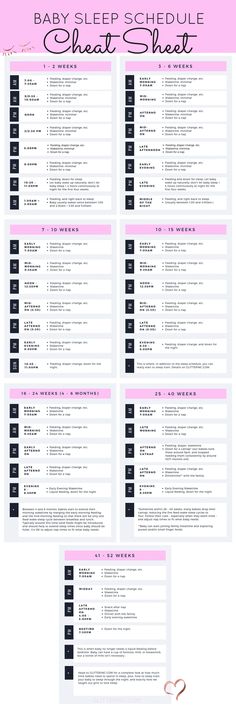
If you are formula feeding, this second reason is obviously not a concern for you. Formula-fed babies do not need to build up milk supply.
Not Everyone Follows the Rule
Not everyone follows this rule. Many ignore the rule and let baby set the wake up times at night and have great success with no issues breastfeeding.
Always remember you are the parent and you can decide ultimately what is best for your baby, you, and your family.
If you decide to ignore the rule, I would encourage you to carefully be aware of dirty and wet diapers, growth patterns in your baby, and also be aware of your milk supply if breastfeeding.
My Own Babywise Babies
Here is a summary of what I did at night with my Babywise babies.
Brayden: We didn’t start Babywise until 9 weeks old, so no need to follow the rule. I will say, however, that as you might expect, feedings were sporadic at night until we did Babywise, and nursings sometimes went more than 5 hours in the day AND night. We breastfed until a year with no supply issues. He started sleeping through the night (STTN) at 6 months old.
We breastfed until a year with no supply issues. He started sleeping through the night (STTN) at 6 months old.
Kaitlyn: I followed the rule. We breastfed until a year with no supply issues. She STTN consistently around 3-4 months old.
McKenna: I followed the rule, and had to wake her at 5 hours every night. We breastfed to a year with no supply issues. She STTN consistently around 2-3 months, but once she reached 5 weeks and I stopped waking her, she woke like clockwork at that 5 hours for a while–which was frustrating. I had to wonder if sleeping would have been better without waking her–but there is no knowing how milk supply would have gone.
Brinley: I followed the rule and had to wake her at night. She didn’t get “stuck” like McKenna did once we hit 6 weeks old. She slept through the night at 8 weeks old. We breastfed to one year old with no supply issues.
Dreamfeed Helps Night Sleep
In addition to waking every 5 hours until 5 weeks old, a Dreamfeed can really help with your night sleep. This is a feeding you do around 10-11 PM. This helps you not need as many night feedings between the Dreamfeed and your first feeding of the day.
This is a feeding you do around 10-11 PM. This helps you not need as many night feedings between the Dreamfeed and your first feeding of the day.
>>>Read: The Basics of a Dreamfeed
Have a Consistent Morning Wake Up Time and Bedtime
Another important schedule rule for you to follow for great night sleep is to have a consistent morning wake up time and a consistent bedtime each day.
There will be variations–especially with bedtime. In those early months, you are getting to know baby and baby is getting to know life. Plus growth spurts happen and other disruptions–things will not look perfect every day.
Just do your best.
You can largely control that first feeding of the day.
>>>Read: How to Have a Consistent Schedule: Start Your Day At the Same Time
Always Follow Hunger Cues
Even though you have a feeding schedule and an eat wake sleep routine, if you see a sign of hunger, address it. Read Hunger Cues: How To Know if Baby Is Hungry for help in this area.
Read Hunger Cues: How To Know if Baby Is Hungry for help in this area.
Conclusion
Do your best to get those night feedings in every 5 hours for the first 5 weeks. If you get your 7 feedings in between your first feed of the day and the Dreamfeed, you can just od one night feed.
Related Posts- Importance of Consistent Bedtime
- Early Morning Wakings: What to do when baby wakes early
- How To Solve Your Baby’s Nighttime Sleep Issues
- Baby Sleeping Through the Night: Top Tips to Make it Happen
This post originally appeared on this blog February 2011
Up to what age to feed the baby at night and how to replace formula
Baby formula is only a forced measure to replace mother's milk in the absence of sufficient lactation or underweight in the baby. In all other respects, the infant formula feeding algorithm remains the same as with breastfeeding. The baby also needs nightly feedings about every 3-4 hours. This is due to scientifically proven facts. Babies up to a year old have an accelerated metabolism, food is digested faster, and naturally, they experience hunger at night. Also, any anxiety of the baby at night forces him to demand his mother's participation, and of course - food as a sedative. There is even a theory that children are genetically woken up to eat to avoid "Sudden Infant Death Syndrome" in their sleep.
This is due to scientifically proven facts. Babies up to a year old have an accelerated metabolism, food is digested faster, and naturally, they experience hunger at night. Also, any anxiety of the baby at night forces him to demand his mother's participation, and of course - food as a sedative. There is even a theory that children are genetically woken up to eat to avoid "Sudden Infant Death Syndrome" in their sleep.
But also can't it continue indefinitely? The child grows, develops actively, from the age of 6 months receives a variety of complementary foods, and over time should form a normal daily routine. And for this you need to figure out: how to wean a child at night to eat the mixture in the most gentle ways.
Up to what age to give the mixture at night
Experts differ on this issue, but the average age when you can do without night feedings is nevertheless deduced. Infants with normal development can sleep peacefully at night without formula 10-12 hours from 9-12 months. Of course, if parents do not consider it necessary to restrict their child in nutrition, they can safely continue to feed their child at night and beyond. But they must be aware that, firstly, over time, these periods of eating become just a habit for the baby. And secondly, mothers should also think about their own well-being after sleepless nights. So, the approximate age of weaning a child from night feedings has been determined, it remains to find out how to replace the mixture for the night after a year for the first time of the transition to a new regimen.
Of course, if parents do not consider it necessary to restrict their child in nutrition, they can safely continue to feed their child at night and beyond. But they must be aware that, firstly, over time, these periods of eating become just a habit for the baby. And secondly, mothers should also think about their own well-being after sleepless nights. So, the approximate age of weaning a child from night feedings has been determined, it remains to find out how to replace the mixture for the night after a year for the first time of the transition to a new regimen.
Night formula alternative
Formula feeding formula is extremely nutritious and delicious for your baby. Therefore, the nightly replacement should be unequal, so that the baby subsequently feels that he does not need to wake up for such food. For these reasons, many mothers, thinking about how to replace the mixture for the night, use not the best products. It is strongly not recommended to use compotes or juices, because the ultimate goal is a complete and painless rejection of night food. In addition, fruit drinking can cause flatulence and abdominal pain - not the most favorable factors for restful sleep.
In addition, fruit drinking can cause flatulence and abdominal pain - not the most favorable factors for restful sleep.
It is better to replace the traditional food at first with a well-diluted mixture, and then with pure water. At the same time, you need to try to slightly shift the period of falling asleep and provide the child with peace and a hearty dinner before going to bed. During the gradual transition to a new way of life, it is not necessary to immediately offer a diluted mixture to the awakened baby at night, it is better to try to calm him down in a different way - caress, rock him. And since night meals a priori will cease to be delicious food, the child himself will gradually forget about it, but the wise human body will be rebuilt anyway.
How to wean a child from night feeding, wean a child to eat at night
0-6 months
Article
5/5 2 reviews
A newborn baby eats at any time of the day, day or night.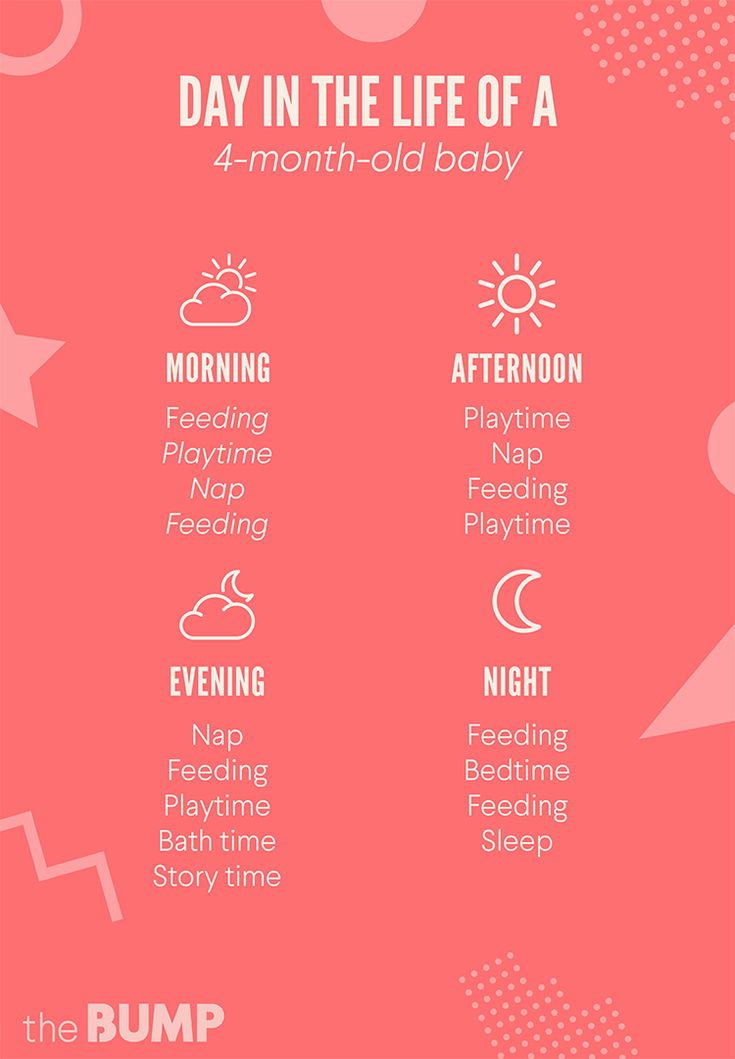 As the baby's digestive tract grows stronger, the interval between feedings gradually increases. Moms have a natural question: when and how should you stop night feedings so that the baby sleeps all night?
As the baby's digestive tract grows stronger, the interval between feedings gradually increases. Moms have a natural question: when and how should you stop night feedings so that the baby sleeps all night?
8 min. for reading Feb. 17, 2022
Contents
Should I feed my baby at night
How many nightly feeds does my baby need
- For breastfed babies, combination breastfeeders and babies with reflux
- Formula-fed babies
How to know if your child is ready to give up nighttime meals
How to wean a baby from night feedings: expert advice
FAQs
Resources while taking care of the baby if you are chronically sleep deprived. But why can't a baby go without food at night?
In the first months, the baby does not have a clear regime, he still weakly distinguishes between day and night: during prenatal development, the baby is used to getting everything he needs from his mother at any time. And most importantly - at the beginning of life, the child grows very quickly and requires a lot of nutrients, while having a small stomach and a still fragile digestive system. For these reasons, the baby cannot go without food for a long time and requires food approximately every 2-3 hours, and pediatricians, in turn, insist on the need for nightly breastfeeding of a newborn.
And most importantly - at the beginning of life, the child grows very quickly and requires a lot of nutrients, while having a small stomach and a still fragile digestive system. For these reasons, the baby cannot go without food for a long time and requires food approximately every 2-3 hours, and pediatricians, in turn, insist on the need for nightly breastfeeding of a newborn.
Important!
Sleep and nutrition patterns, as well as the need for them, are individual for each child. Therefore, if it seems to you that the baby eats little and rarely, or vice versa - too often, consult with the doctor you are seeing.
In addition, night feedings, although they interfere with sleep, are useful not only for the child, but also for the mother. They help to properly establish lactation, because it is at night that the hormone prolactin is produced, which is responsible for the amount of breast milk.
Advice
With proper organization of night feedings, the baby eats half asleep and quickly falls asleep further. To do this, start a night light in the room and be ready to feed as soon as the baby wakes up. Sleep in comfortable nursing clothing if you are breastfeeding.
To do this, start a night light in the room and be ready to feed as soon as the baby wakes up. Sleep in comfortable nursing clothing if you are breastfeeding.
How many night feeds does a baby need
The smaller the child, the more often he needs to be fed. But over time, the digestive tract gets stronger, and the baby can eat more and endure longer breaks between meals. Below is an approximate number of night feedings, depending on the age of the baby:
1. For breastfed, combination breastfed and reflux infants:
| Age | Number of night feedings |
| 0-3 months | breastfeeding on demand approximately every 2-3 hours |
| 3-4 months | 2-3 times as required or every 3-6 hours |
| 5-6 months | 1-2 meals |
| 7-9 months | 1, possibly 2 times |
| 10-12 months | sometimes 1 feeding |
| 12+ months | usually without night feedings |
See also: Healthy food: how much should a child eat before a year?
Important!
During growth spurts, your baby should be fed as needed. Such bursts occur approximately at 5, 8, 14, 19, 26, 37 and 46 weeks of life and last about 7 days.
Such bursts occur approximately at 5, 8, 14, 19, 26, 37 and 46 weeks of life and last about 7 days.
How do you know if your baby is ready to give up nighttime meals? After this period, the need for nightly meals depends on the pace of development, individual needs and the health of the child. If the baby was born prematurely or is not gaining weight well, experts recommend waking him up 3.5-4 hours after the previous feeding and offering the breast.
Advice
If you're not sure if your baby is ready to stop feeding at night, talk to your doctor. The specialist will help you understand and make the right decision based on the physical indicators of your child.
If the baby is healthy and has a good weight, somewhere between 4 and 6 months old, he will begin to get enough calories during the day so that he does not need to feed at night. In breastfed children, this process may be a little slower - up to 6–10 months [2].
It is also important to take into account that the refusal of nighttime "snacking" occurs gradually: there are very few cases when a child stops eating at night and immediately starts sleeping 5-6 hours in a row. Usually, babies who are used to eating several times a night wake up out of habit, and it will take time to change this routine. First, the baby will ask for food half an hour later than usual, then an hour, a little later - two, and so on. Step by step, over several weeks, night sleep reaches 6-7 hours in a row. This joyful moment can come at 4 months or closer to 12 months: all babies are unique, and it's not scary or unusual for an infant to sleep much longer without food, while an older child keeps waking up to eat.
Advice
Dentists recommend abolishing nighttime feedings for children older than one year, as food leftovers in the mouth can damage baby teeth. This risk is minimal when breastfeeding.
Also, remember that your child has many other important needs.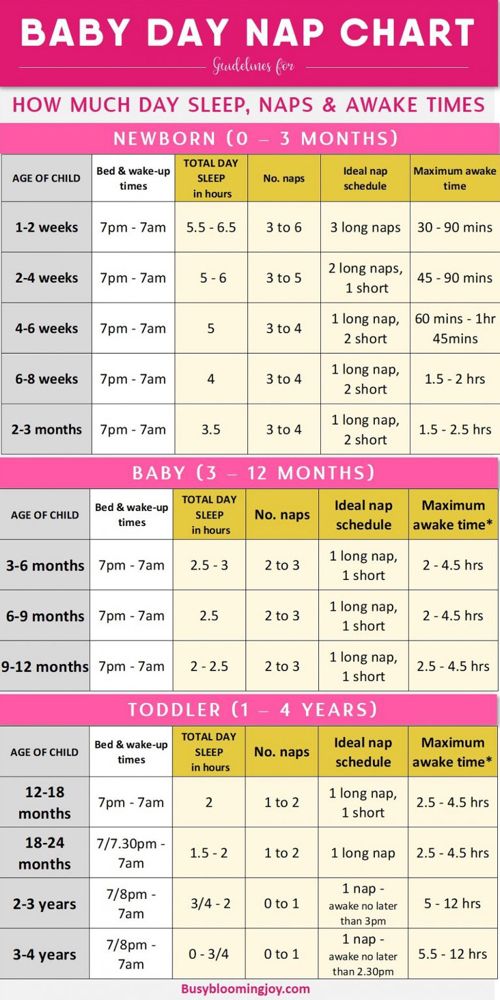 Perhaps he wakes up and calls you, not so much for food, but for comfort and closeness. What could be more reassuring and safer than the caring hands of parents who feed and cradle? feedings.
Perhaps he wakes up and calls you, not so much for food, but for comfort and closeness. What could be more reassuring and safer than the caring hands of parents who feed and cradle? feedings.
How to wean a child from night feeding: expert advice
Many parents are interested in how to properly wean a baby from eating at night so that it does not become a lot of stress for him. Especially if the baby stubbornly refuses to give up night feeding.
- Start the weaning process slowly and gradually. Slowly reduce your nightly breastfeeding time or give your baby less milk (mixture if formula-fed) from a sippy cup. Try to extend the intervals between
Important!
Under no circumstances should the issue of night feedings be turned into a battlefield. The “cry - stop - wean” method loosens the baby’s nervous system and can provoke severe stress.
- Make sure your child eats well during the day.
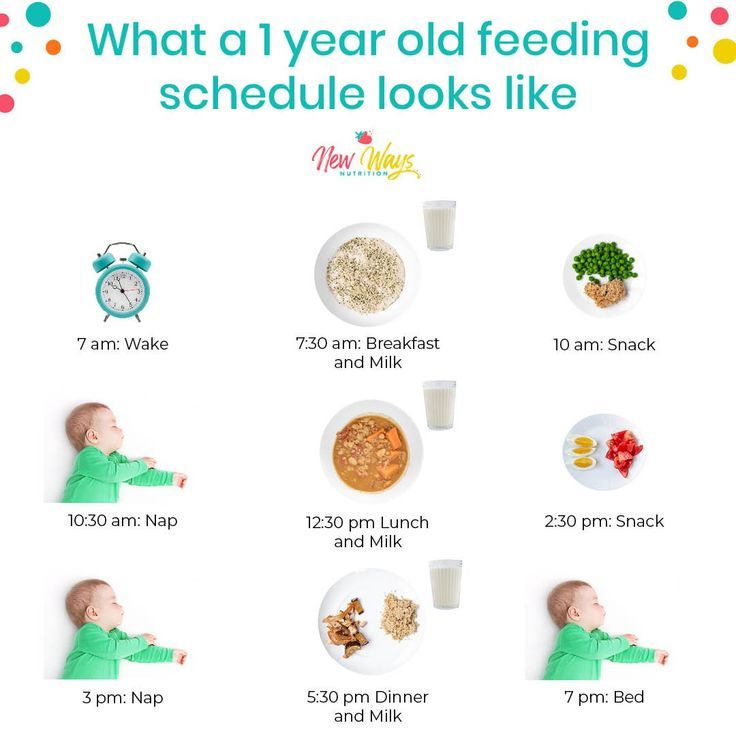 Babies become more active as they get older, and if they get carried away playing or walking, they may skip meals or not eat enough and then try to make up for it at night. Therefore, take scheduled breaks during the day for "silent feeding" in a place where nothing will distract the crumbs from eating.
Babies become more active as they get older, and if they get carried away playing or walking, they may skip meals or not eat enough and then try to make up for it at night. Therefore, take scheduled breaks during the day for "silent feeding" in a place where nothing will distract the crumbs from eating.
Advice
If you're not sure if your child is eating enough, check their height by weighing them at the doctor's office.
- Try feeding your baby before bed. If a child goes to bed with a full tummy, they are less likely to wake up hungry in the middle of the night.
- Ask dad to get up at night with the baby. If an awakened baby hears your smell or the aroma of breast milk, this can provoke his appetite, even if the baby did not wake up because of hunger. If you sleep in the same room, it's best to move the crib to dad's side.
- Phase out feedings one at a time. When the baby wakes up to eat at night, go to him and reassure him, gently but firmly explain that now is the time to sleep, not eat.
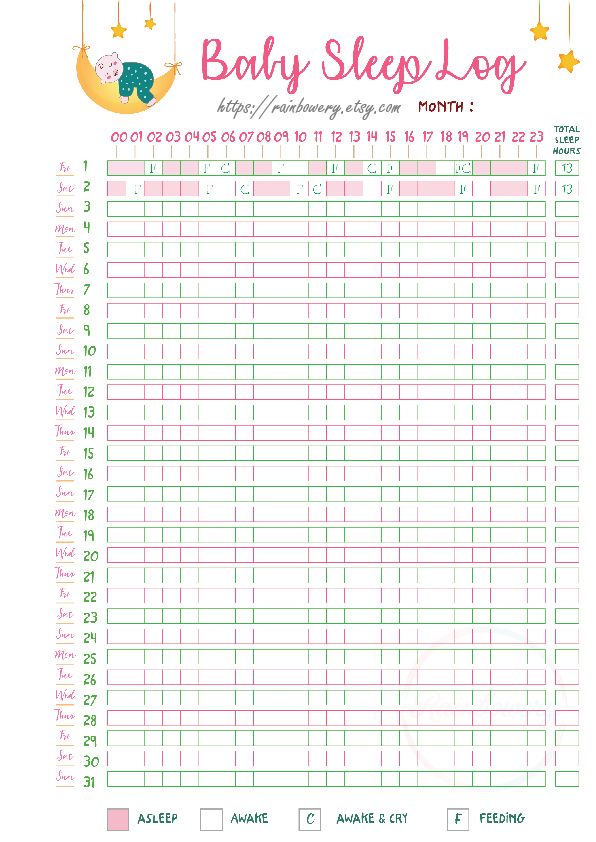 At the same time, pat and stroke the child on the back or tummy, but do not pick him up. Even if the baby does not yet understand your words, he gradually catches the meaning, and your presence and attention will be soothing to him.
At the same time, pat and stroke the child on the back or tummy, but do not pick him up. Even if the baby does not yet understand your words, he gradually catches the meaning, and your presence and attention will be soothing to him. - Try giving your baby water to drink. Babies may wake up at night not from hunger, but from thirst, especially in hot weather or in a room with dry air. If after half an hour the baby wakes up again, feed him, and if not, then he is full and satisfied.
- If the baby has been crying inconsolably after stopping night feeds for several days in a row, stop the attempt and return to your normal routine for a while. Let the baby calm down and start weaning him again in a week or two.
- Do not stop night feedings during the transition period. For example, when you are going to return to work or go on vacation without a baby. If your baby sees less of you during the day, try to hug and interact with him more in your free time. It is necessary that he clearly feels your connection and care, then the baby is less likely to seek solace in the middle of the night.

- If the baby continues to demand nightly feedings, try to create conditions in which he does not want to eat. An excellent opportunity appears at 8-9 months, when the baby is already confidently eating complementary foods. To do this, move the usual bowl of porridge to the evening: this way the child stays full longer and may not ask for an extra portion of food at night.
Advice Do not give your baby new foods at night, introduce them only in the morning. Otherwise, you run the risk of observing the reaction to unfamiliar complementary foods instead of sleep. Also, do not give your child meat at night, it is hard to digest, can cause discomfort in the stomach and restless sleep. Also keep in mind that the decision to not feed at night depends in part on how it affects you. If you enjoy breastfeeding or drinking from a cup at night, there is no reason to stop: at a certain point, the baby will stop asking for food on its own. 1. How often should a newborn be fed? A newborn needs to be fed every 2-3 hours, i.e. 10-12 times a day. Further, the intervals between feedings gradually increase to 3-6 hours, and the child gets the opportunity to sleep all night. 2. How much should a child eat per day? Your baby's daily "portion" of food depends on his age and weight. From 10 days to 1.5 months, the baby needs such an amount of food, the weight of which is approximately 1/5 of the child's body weight. From 1.5 to 4 months - 1/6 of the baby's weight, from 4 to 6 months - 1/7, from 6 to 8 months - 1/8, from 8 to 12 months - 1/9. 3. What happens if you don't stop night feedings? Most likely, the child will eventually refuse them himself. Sources Child Development by Month Average Customer Rating 2 customer ratings Snapshot of community ratings 0-6 months Article 0 reviews The resumption of intimate relationships after childbirth is an ambiguous question. 0-6 months Article 0 reviews To be or not to be cucumbers and potatoes in the menu of a nursing mother? What vegetables can be eaten while breastfeeding, and which ones should be limited? 0-6 months Article The key to a successful start to breastfeeding is the correct latch on of the nipple. 0-6 months Article 0 reviews The minimum interval between births, according to doctors, is 3 years. 0-6 months Article 0 reviews If breastfeeding is not possible, express with a breast pump or by hand. And we will tell you what and how to store breast milk. 0-6 months Article 0 reviews The appearance of a baby in the house is accompanied by both joy and feelings of young parents. Each change in the behavior and condition of the baby alarms the mother, especially if it causes discomfort and tears in the baby. 0-6 months Article Mothers usually start breastfeeding their newborn while still in the hospital. The physiology of the infant is well adapted to this. During the first feeding, the baby receives colostrum, which contains antibodies that fight infections. 0-6 months Article 0 reviews Tips and position on smoking while breastfeeding / smoking while breastfeeding from well-known international and Ukrainian pediatricians, WHO and La Leche League - a public organization to support breastfeeding women. 0-6 months Article 0 reviews The most natural and healthy food for a baby is and has always been breast milk. Its composition and properties are ideal for a small organism and not a single, even the most perfect artificial infant formula can replace this diet. 0-6 months Article 0 reviews The birth of a child is the most memorable and long-awaited event in life. When carrying it, the mother faces many difficulties, which, with the advent of the baby, it would seem, should decrease. However, it is not. After giving birth, a child requires a lot of time and attention, as well as round-the-clock care. 0-6 months Article 0 reviews A newly born little man is still in the process of thermoregulation. Therefore, the temperature norms for such a baby will differ not only from the norms of an adult, but even from those of a one-year-old child. 0-6 months Article 0 reviews Breastfeeding is not always easy and women often face the problem of breast inflammation. Why does mastitis develop and how to recognize the first symptoms? And also let's figure out what can be done to prevent the disease. 0-6 months Article 0 reviews Several proven methods to reduce the stomach after childbirth. 0-6 months Article 0 reviews The baby's umbilical cord is the link between the baby and mother throughout life inside the mother's womb. 0-6 months Article 0 reviews Breastfeeding is a process that has an extraordinary impact on the development and health of the baby. Since the relationship between the child and the mother is continuous, everything that has entered the body of a nursing mother will immediately end up in the baby's body. 0-6 months Article The success of breastfeeding depends on several factors: choosing a comfortable position for mother and baby, some practice and proper attachment to the breast. 0-6 months Article 0 reviews Lochia is a natural postpartum discharge. They appear immediately after the placenta has passed and last for several weeks until the lining of the uterus is completely healed. What do lochia look like at different stages, what is the norm, and in what cases should you sound the alarm? And is it possible to speed up postpartum recovery? 0-6 months Article 0 reviews Breast milk is the healthiest and healthiest food for a baby.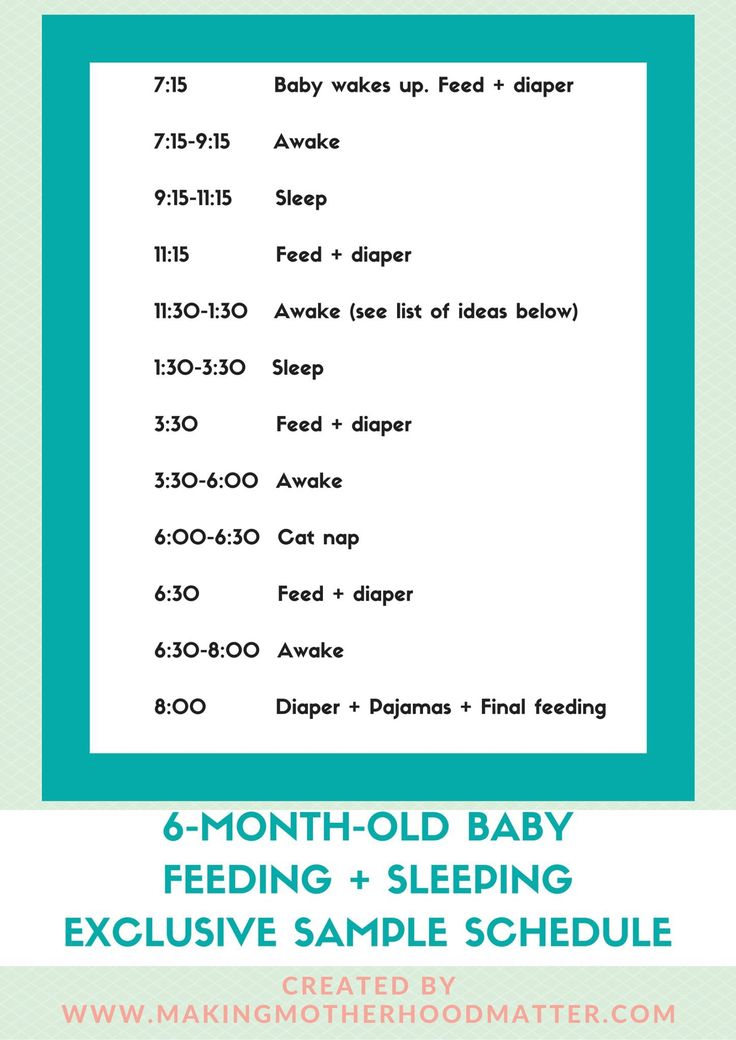 But if you feel that lack of sleep prevents you from living and enjoying motherhood, and the baby is already physically ready for change, it's time to try switching to a daily routine. In any case, you should do what is best for you and your family.
But if you feel that lack of sleep prevents you from living and enjoying motherhood, and the baby is already physically ready for change, it's time to try switching to a daily routine. In any case, you should do what is best for you and your family. FAQ
 But some pediatricians, notably Richard Ferber [1], warn that unnecessary nighttime feedings can cause sleep problems. Also, food leftovers after late “snacks” can provoke the development of caries in milk teeth.
But some pediatricians, notably Richard Ferber [1], warn that unnecessary nighttime feedings can cause sleep problems. Also, food leftovers after late “snacks” can provoke the development of caries in milk teeth.
Related Articles
Latest Reviews
Recommended Articles
When can you have sex after giving birth?
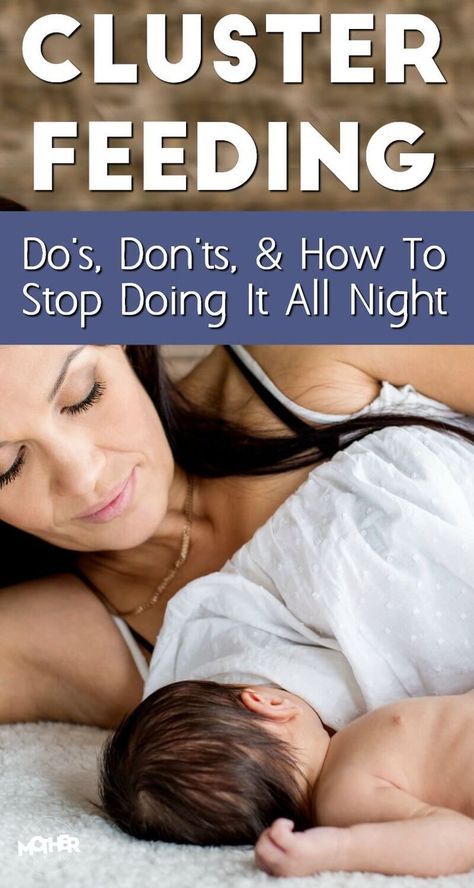 On the one hand, after such a long abstinence, you want to have sex as soon as possible, on the other hand, there are a number of nuances that prevent this. When you can have sex after childbirth and what precautions you should take - read further in the article.
On the one hand, after such a long abstinence, you want to have sex as soon as possible, on the other hand, there are a number of nuances that prevent this. When you can have sex after childbirth and what precautions you should take - read further in the article. What Vegetables Can I Eat While Breastfeeding?
How can I help my baby latch onto the nipple?
Contraception during breastfeeding (HB): TOP-7 methods
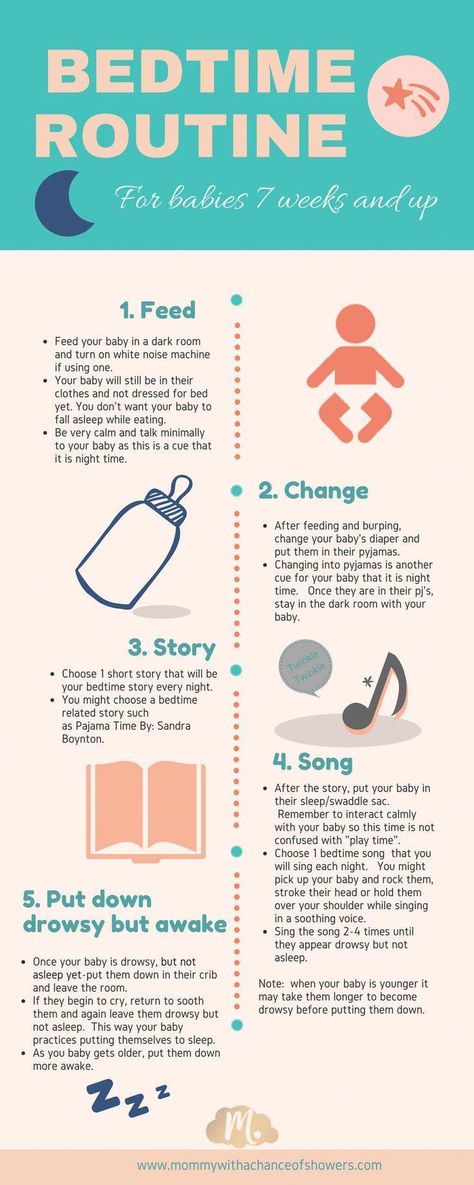 Carrying and giving birth to a child, breastfeeding - all this is a burden on the female body. Let him fully recover and consider contraception for breastfeeding. Here are a few methods that might come in handy.
Carrying and giving birth to a child, breastfeeding - all this is a burden on the female body. Let him fully recover and consider contraception for breastfeeding. Here are a few methods that might come in handy. Storing breast milk: TOP 5 tips on how to store it
Constipation in a newborn: what to do?
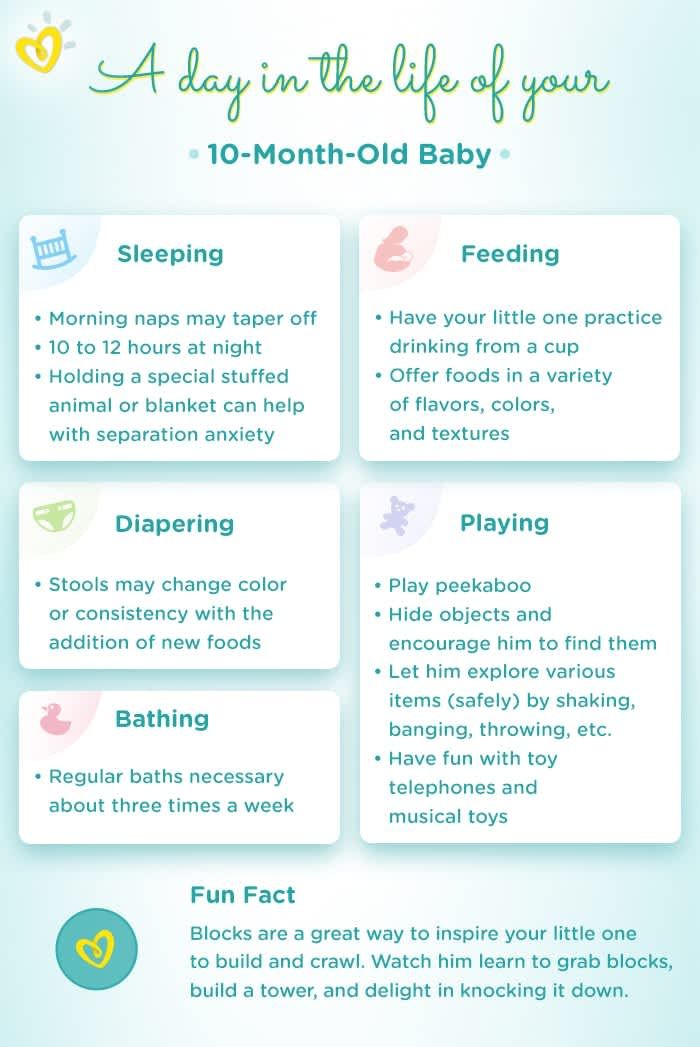 One such phenomenon is constipation in a newborn. While the baby is not able to say about her well-being, the mother is the main detector of the condition and health of her child, she must understand when the baby experiences discomfort or pain, what caused it, and what to do in such cases.
One such phenomenon is constipation in a newborn. While the baby is not able to say about her well-being, the mother is the main detector of the condition and health of her child, she must understand when the baby experiences discomfort or pain, what caused it, and what to do in such cases. Breastfeeding: the first steps after childbirth
Smoking while breastfeeding (HB): the impact on the baby
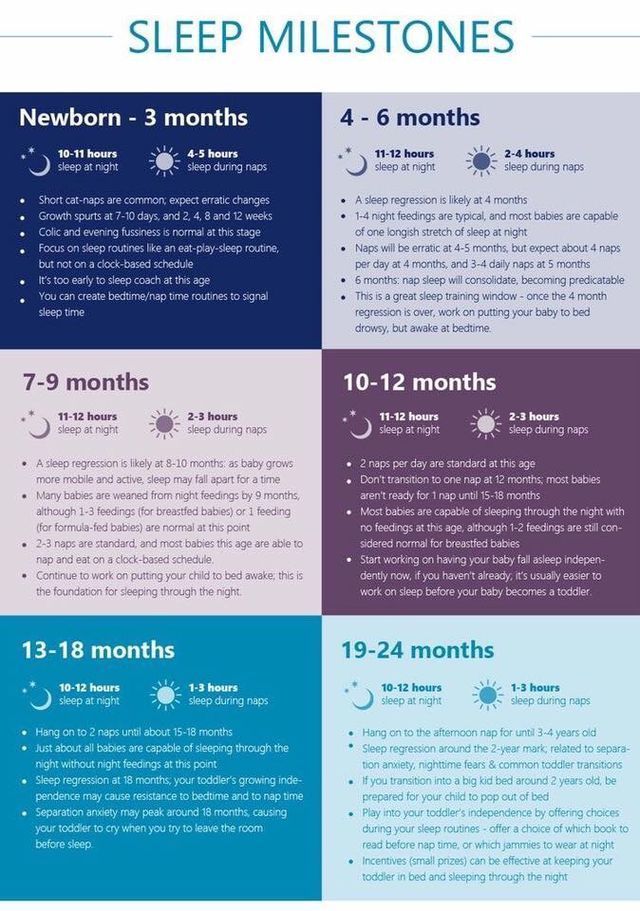
Expressing Breast Milk: Top 5 Tips
How to increase the amount of breast milk?
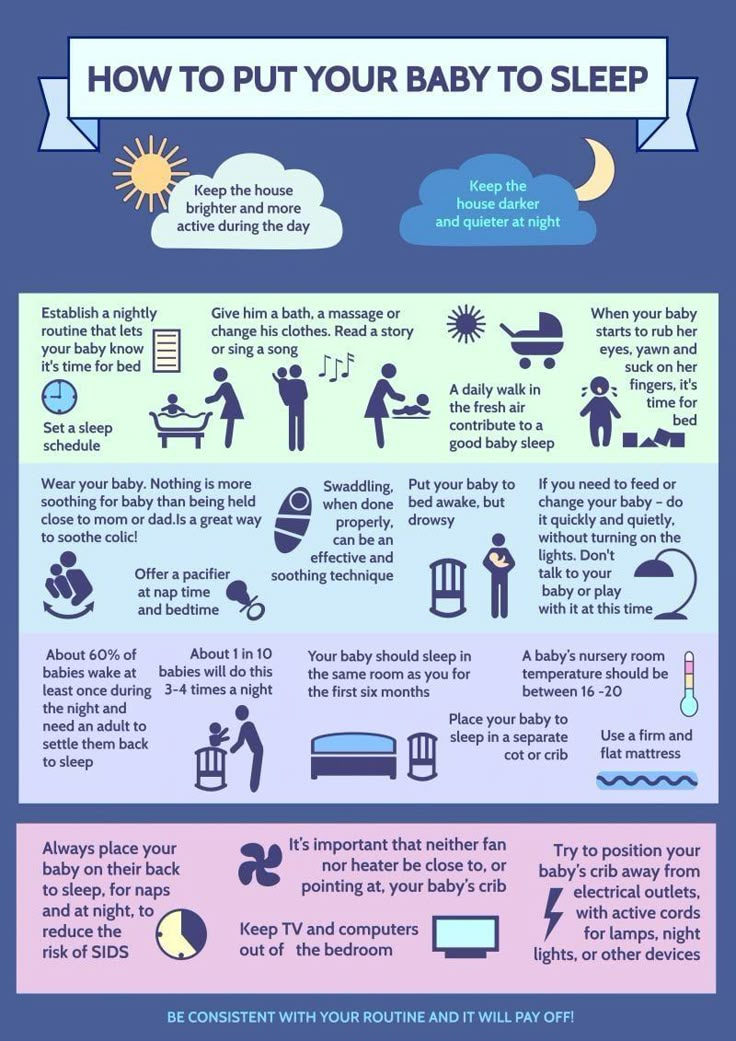 During this period, its proper nutrition is especially important, on which the growth and further development of the little man depends. The best thing for him is his mother's milk. It is rich in vitamins and essential trace elements of the immune system of the crumbs. However, very often the baby does not have enough breast milk, he does not eat enough, sleeps badly and cries. To remedy the situation, mothers are looking for options on how to increase the amount of breast milk and what needs to be done for this.
During this period, its proper nutrition is especially important, on which the growth and further development of the little man depends. The best thing for him is his mother's milk. It is rich in vitamins and essential trace elements of the immune system of the crumbs. However, very often the baby does not have enough breast milk, he does not eat enough, sleeps badly and cries. To remedy the situation, mothers are looking for options on how to increase the amount of breast milk and what needs to be done for this. How to measure the temperature of a newborn: 3 ways
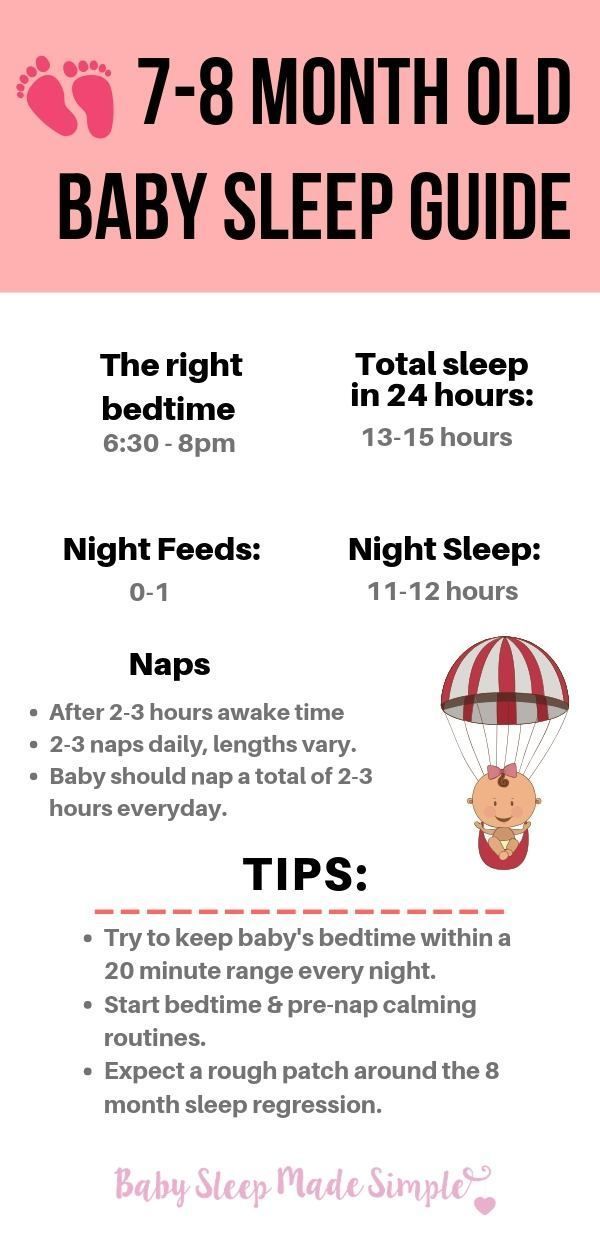 During this period, a small "lump" causes a lot of worries and worries in the mother. Any change can cause anxiety, and therefore mothers should know how to measure the temperature of a newborn.
During this period, a small "lump" causes a lot of worries and worries in the mother. Any change can cause anxiety, and therefore mothers should know how to measure the temperature of a newborn. Mastitis (breast inflammation): treatment, causes and symptoms
How to remove the stomach after childbirth: TOP 8 tips
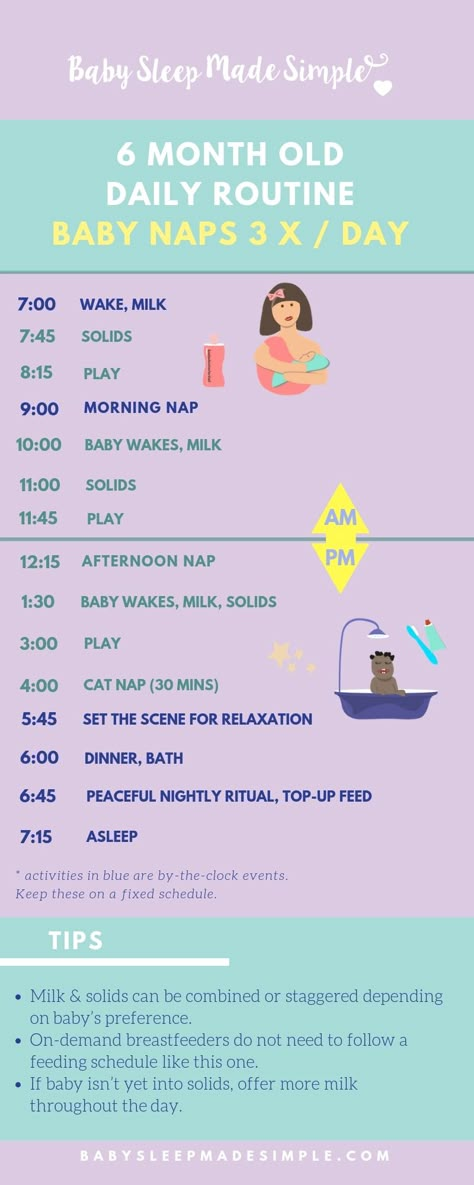 Follow simple recommendations, and soon you will return to your figure, which was before pregnancy.
Follow simple recommendations, and soon you will return to your figure, which was before pregnancy. How to care for the navel of a newborn?
Alcohol while breastfeeding (LB): can I drink it?

Proper breastfeeding is the key to successful feeding.
Discharge after childbirth, or lochia: what a young mother needs to know
How to increase the amount of breast milk?








